Nowadays, we’re obsessed with tracking everything from our sleep to how many steps we walk and everything in between. Some people rely on their smartphones and watches to monitor all these activities, but fitness trackers are also popular. The best fitness trackers provide detailed health information in real-time, offer feedback, encourage goal setting, and promote an active lifestyle. They also can sync with other devices — to give you an overview of your health. With so many different fitness trackers on the market, you can get a mental workout from trying to pick the best one. Luckily, we’ve done the heavy lifting for you.
Do fitness trackers really help people lose weight? A study finds they do help overweight people shed pounds and reduce the risk of cancer, diabetes, and heart disease. So, while they also decorate your wrist with a high-tech accessory, the proof is in the pudding.
When choosing a fitness tracker, there are several things to consider, including data accuracy, battery life, and charging methods. You may also want to consider whether the device is water-resistant, can track various activities and sports, and is comfortable to wear.
Which wearable tech outshined the competition as the best fitness trackers? We have the list — and it’s no surprise it’s dominated by two top manufacturers, Fitbit and Garmin. Our list does leave out smartwatches that often come equipped with fitness tracking abilities. Did we miss a wearable you love? Let us know in the comments below.
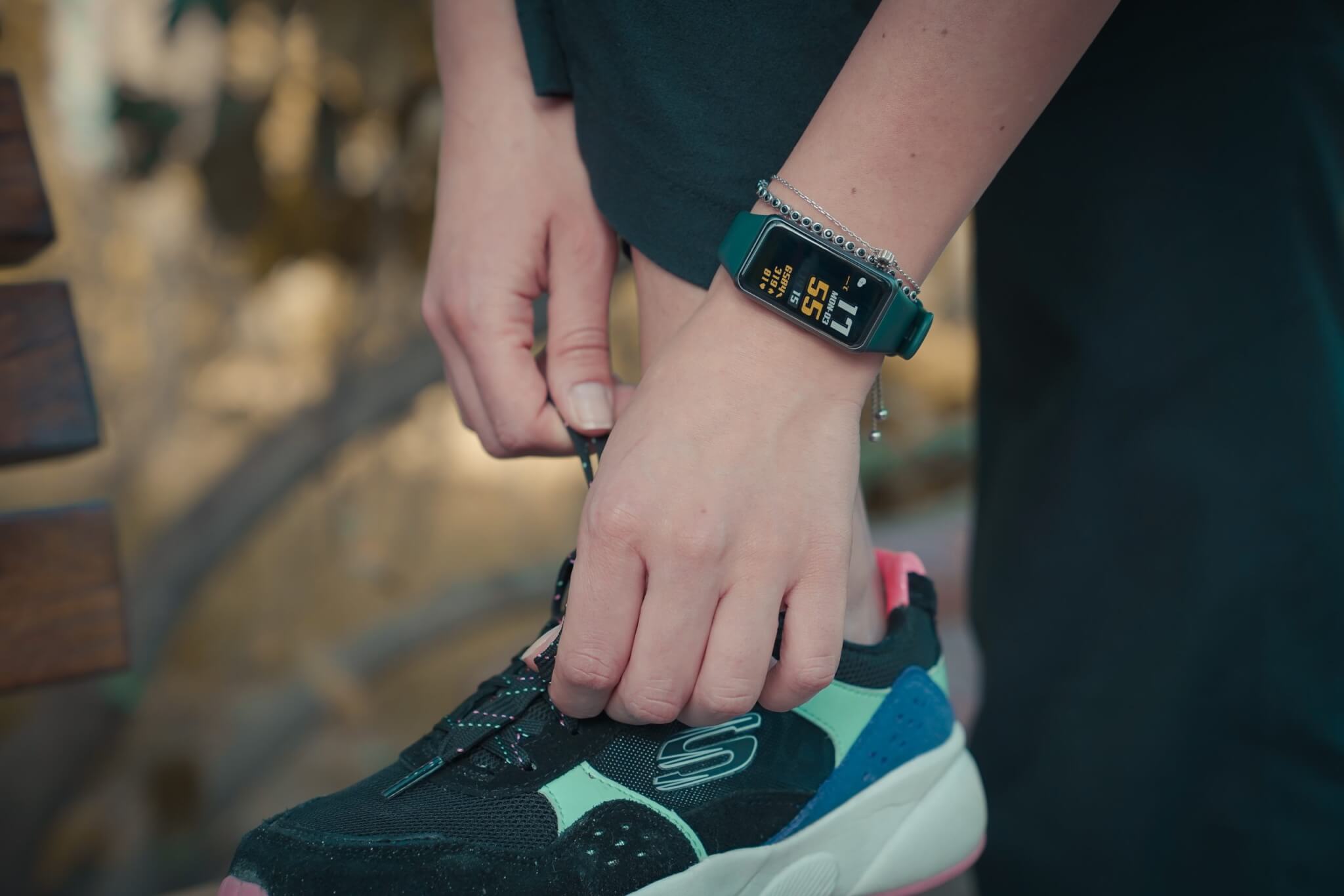
The List: Best Fitness Trackers, According to Tech Experts
1. Fitbit Charge 6
The Fitbit name is synonymous with wearable fitness trackers and the manufacturer takes the top three spots on our list. The Fitbit Charge 6 is the latest and greatest device from the company, replacing the Charge 5 model. Tom’s Guide says, “It has a number of exciting updates compared to the Charge 5 — the haptic side button is back, making it easier to navigate around the tracker. You can also now use the Charge 6 as a heart rate tracker when using NordicTrack, Peloton, and Tonal gym equipment. It’s also the first Fitbit fitness tracker to get Google Maps, YouTube Music, and Google Wallet, but new Charge 6 users will need a Google Account now.”
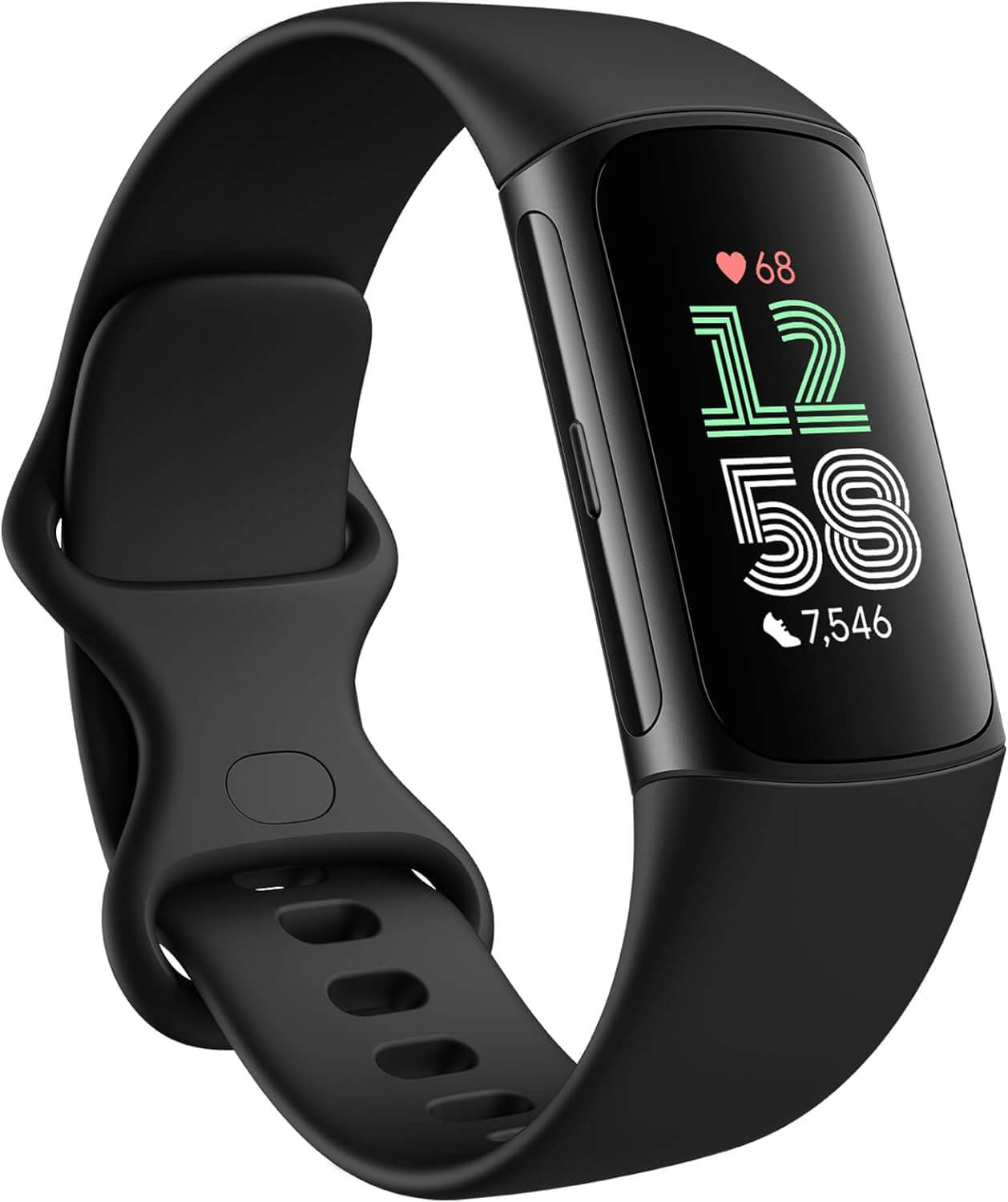
PC writes, “The Fitbit Charge has long been among the most value-rich fitness trackers, and the sixth-generation model extends that legacy. It now offers 40 sport profiles (up from 20 last generation) and a new feature that lets you send your heart rate via Bluetooth to gym equipment. In addition, the Charge 6 has a color touch screen, a 5ATM water-resistance rating, multi-day battery life, a built-in GPS, sensors to monitor key overnight health metrics like skin temperature and SpO2, and support for on-demand ECG heart health and EDA stress readings.”
“What this tracker does best are things like heart rate tracking, high and low heart rate monitoring, and measuring heart rate variability,” according to U.S. News and World Report. “In fact, the operating system and sensors in this device focus mainly on providing accurate heart-related data, although it tracks other useful metrics too. It can be wirelessly connected with some exercise machines.”
2. Fitbit Inspire 3
Insider calls this the “best budget tracker.” The website adds, “The Inspire 3 is one of Fitbit’s latest wearables that blends advanced health and fitness tracking with a subtle, no-frills design. With features like skin temperature sensing and sleep tracking, and a price tag that situates it under $100, the Inspire 3 is a budget fitness tracker that performs like something much more expensive. ”
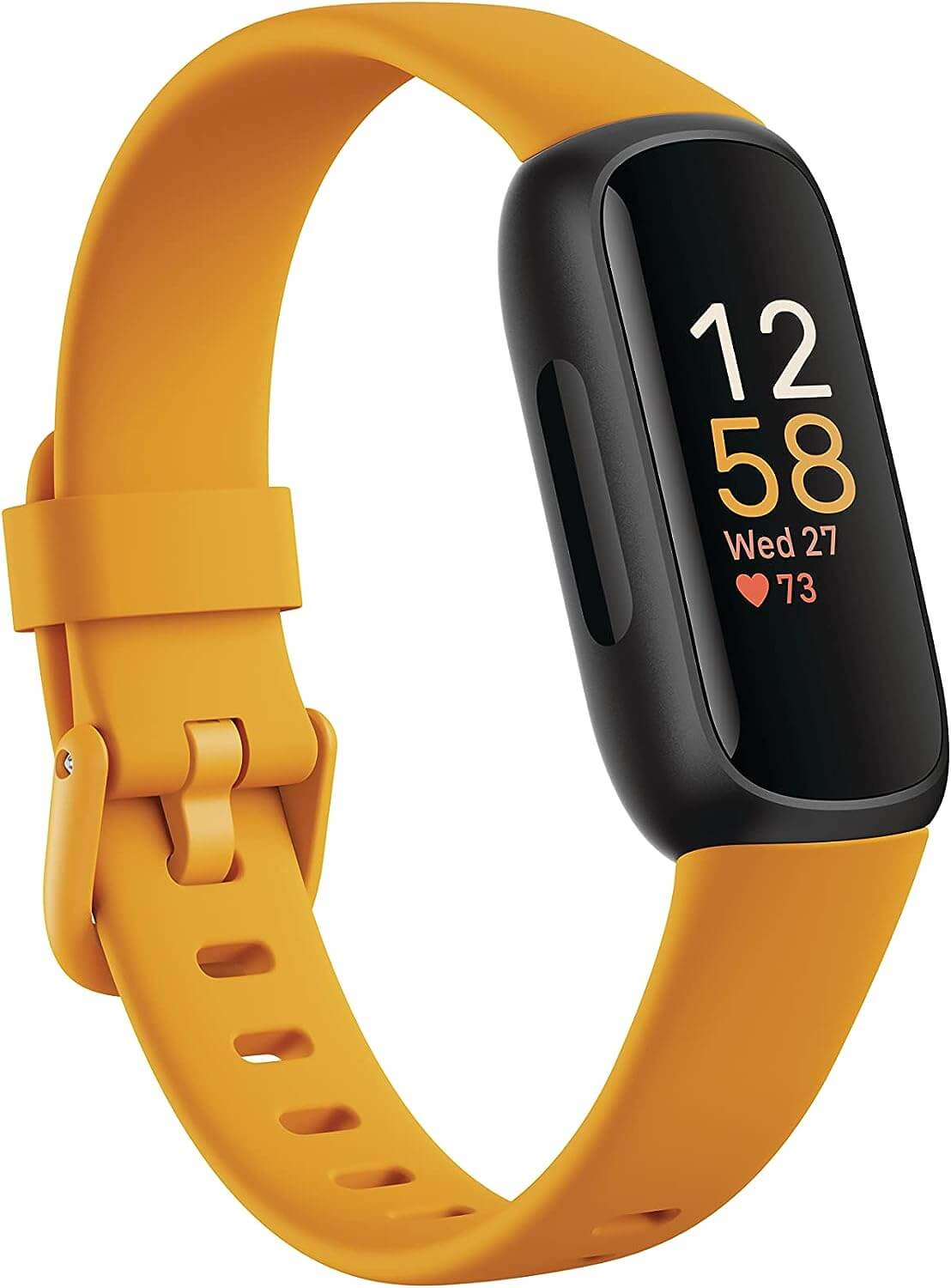
“If all you want is a simple health tracker that will track your steps and your sleep and let you know when someone is calling, the internet’s marketplace is awash in knockoffs of this fitness tracker you might as well get the original instead,” states Wired. “This year, Fitbit released the latest version of its hugely popular Inspire, which thankfully does not use Wear OS. Instead, it continues to use Fitbit’s clear and easy Fitbit app, has a pedometer, tracks SpO2 and sleep, and comes with a wide array of watch faces and accessories.”
Tom’s Guide reports, “The Fitbit Inspire 3 is a beautiful little tracker for those on a budget. You’re getting 10 days of battery life, a colorful band, a bright screen, and heart rate and sleep monitoring.”
3. Fitbit Sense 2
“The Fitbit Sense 2 is the company’s top-shelf smartwatch that comes with more advanced health and wellness features,” according to Tom’s Guide. “During our testing, we found that the Fitbit Sense 2 helped us gain a better overall view of our overall health. As one of the best fitness trackers, the Sense 2 works with both iOS and Android and comes with on-board GPS, a native app store, Alexa, and more.”
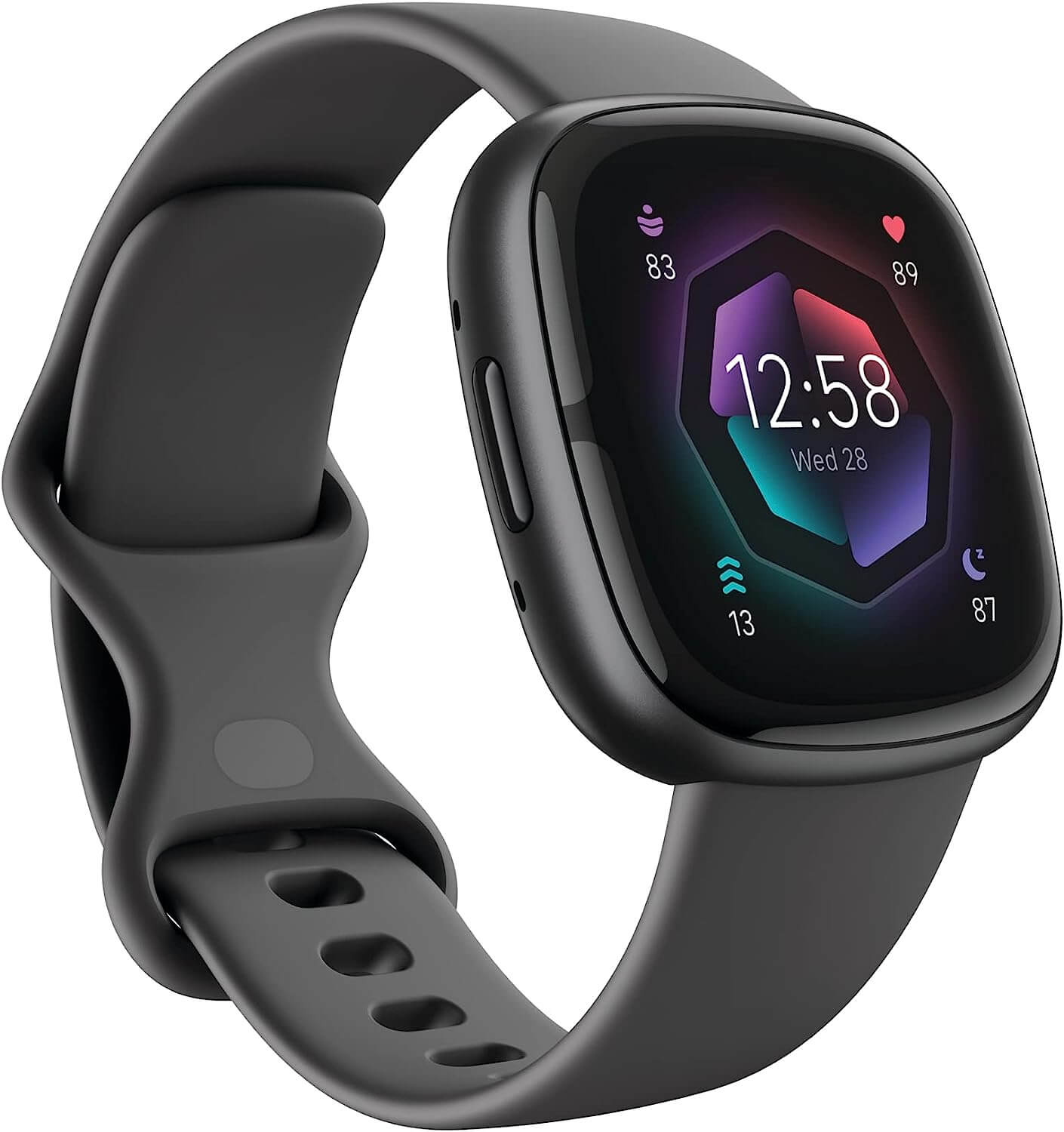
Insider says, “The biggest highlight of the Sense 2 is its advanced health and wellness tools. There’s a skin temperature sensor, the ability to get heart rhythm (ECG) readings, and a stress tracker which monitors stress levels in real-time.”
Forbes senior strategy editor Katie Simpson likes the sleep tracking abilities. Why? “I had never tried tracking my sleep before, but the FitBit Sense completely revolutionized the way I think about my sleep habits. It shows exactly how long you’ve spent in each sleep cycle, how many times you woke up (and how long you were awake), and your core body temperature when sleeping. I check my stats every morning, along with my total ‘sleep score’, to measure my quality of rest. I now understand just how important the REM and deep sleep stages are—nights, where I spend more time in those stages, correlate directly with more energy the next day!”
4. Garmin Venu Sq 2
The Verge writes, “The Garmin Venu Sq 2 is a great replacement for a Fitbit smartwatch. Not only do they look similar, but the Venu Sq 2 has way more fitness features, long battery life, and no subscription.”
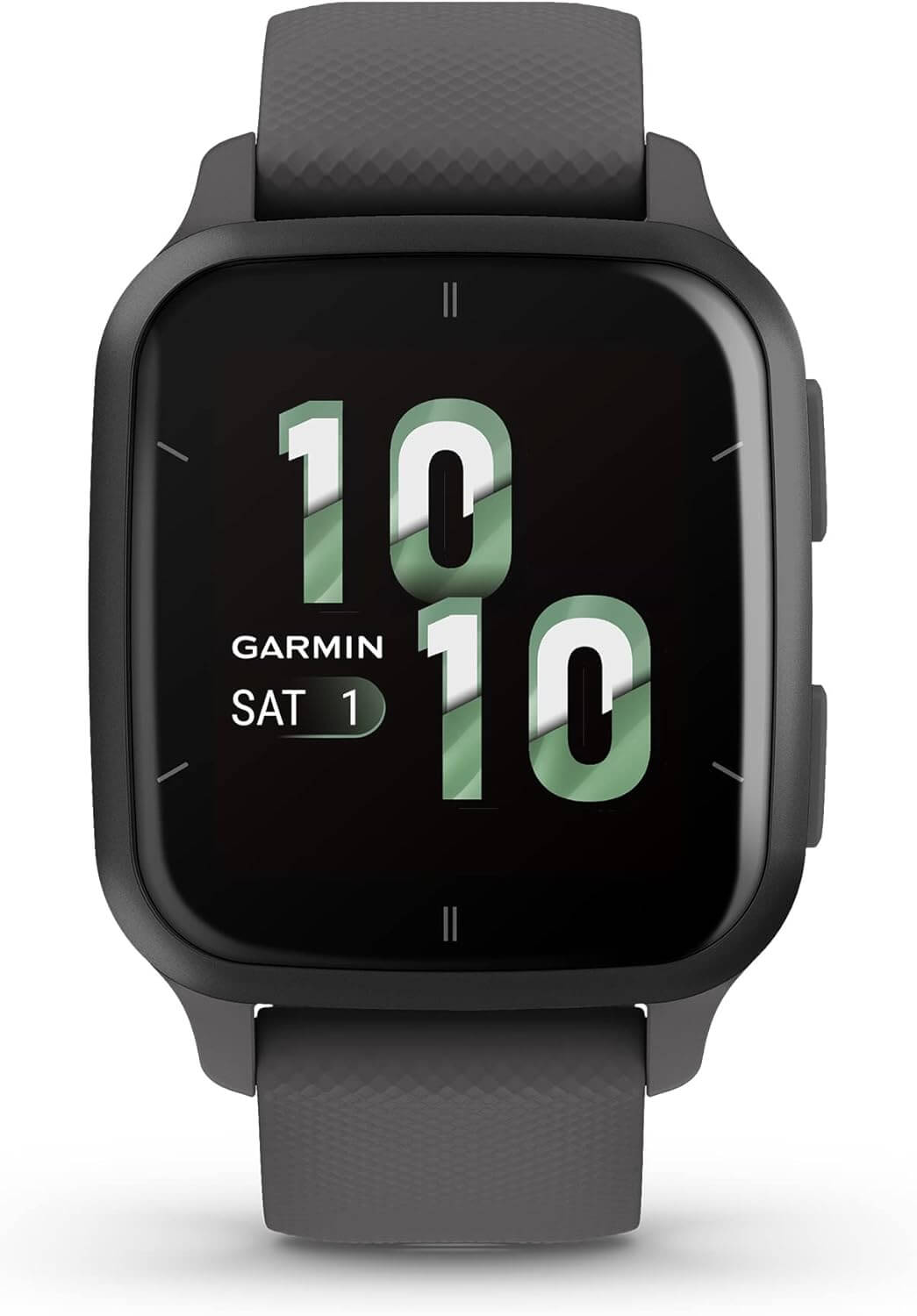
“In the crowded fitness smartwatch market, Garmin’s Venu Sq 2 stands out for its practicality, according to PC. “It’s the least expensive of the excellent Garmin Venu 2 lineup, with a squarish design that improves text legibility and a battery that lasted for up to nine days in testing.”
U.S. News and World Report likes the Plus version of this tracker saying, “It uses Bluetooth to access smartphone features so you can stream control music via the phone, or store and play music locally; access your calendar; check the weather forecast; accept/reject phone calls; view smart notifications; and use Garmin Pay for electronic payments in stores. Hands-free calling is also possible via your smartphone over Bluetooth.”
5. Garmin Vivomove Trend
Wired points out, “The Vivomove Trend is the first Garmin to have wireless charging, and it works!…Start an activity by swiping and tapping the analog watch face or waiting for Garmin’s startlingly accurate Move IQ to pick it up. You get access to Garmin’s most convenient fitness features, like incident detection, contactless payments, sleep tracking, and continuous heart rate monitoring.”
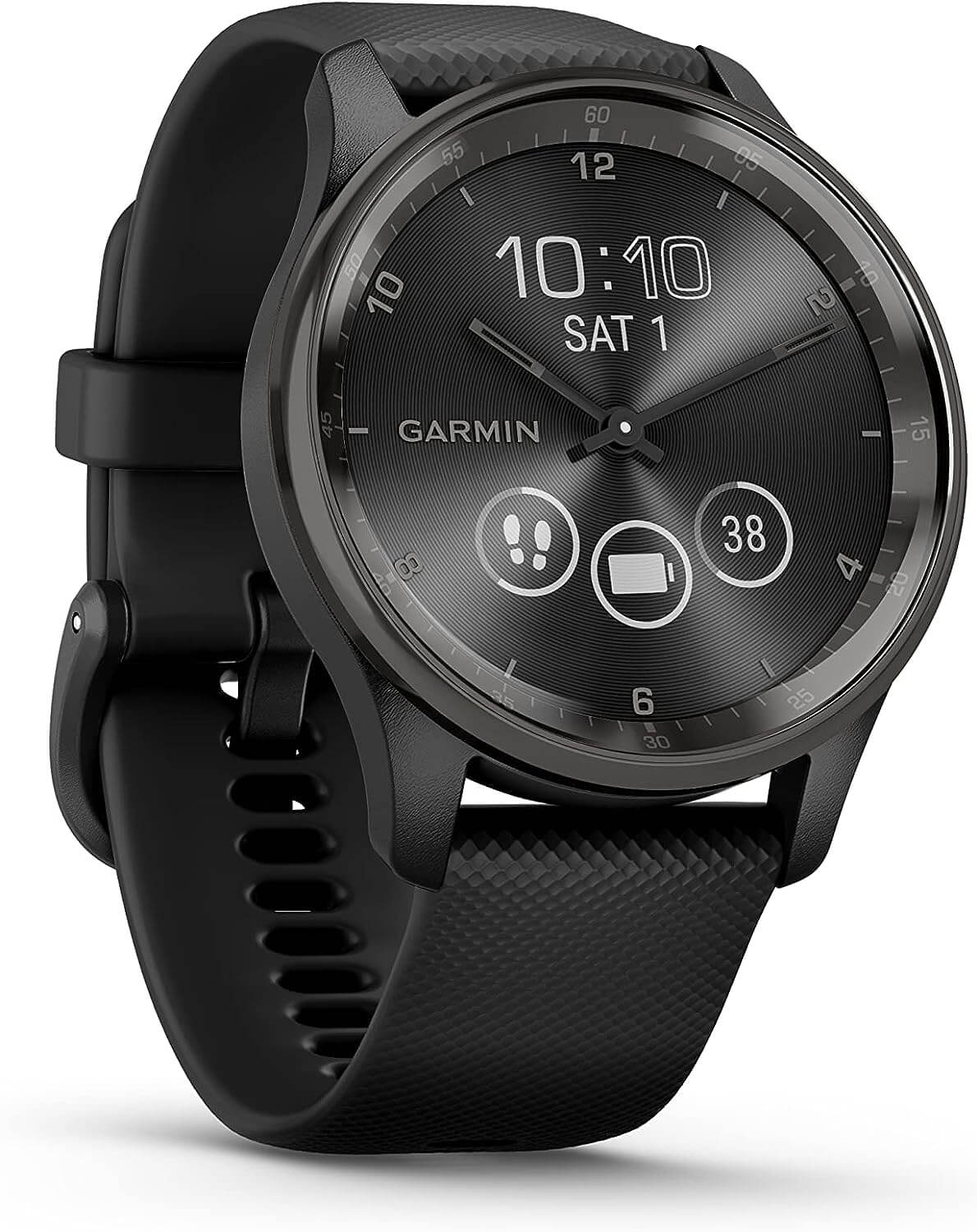
Digital Trends says “Garmin has got the unisex design, the case size, and the weight exactly right. The Vivomove Trend will suit most people, and most wrist sizes too. The 40mm case is made from fiber-reinforced polymer (posh name aside, it feels like plastic) with a stainless steel bezel and strengthened glass over the dial — for a total weight of 43 grams. This is a hybrid smartwatch, so it has real watch hands set over a cleverly disguised LCD screen that you won’t know is there until it lights up.”
“The Garmin Vivomove Sport is an affordable, stylish hybrid-analog tracker,” states The Verge. “It’s not as beefy as Garmin’s other trackers and is well suited for casual activity. It looks like an analog Swatch, thanks to the hidden OLED display, but you don’t actually lose anything in terms of accuracy.”
6. Oura Ring
Most fitness trackers are worn on the wrist, but not the Oura Ring. The Verge says, “The smart ring is a good option for people who are looking for something a little more discreet. It’s also less distracting than some other wrist-based options, as it lacks a screen and doesn’t forward push notifications. While smaller than your average wearable, the Oura Ring still tracks a ton of metrics, including heart rate variability and body temperature. The third iteration of the device also introduces SpO2 sensors, as well as all-day heart rate monitoring and period predictions.”
Tom’s Guide writes, “The Oura ring isn’t your typical fitness tracker. For one, it’s literally a ring, so you wear it on your index finger rather than your wrist. It also doesn’t have any buttons or physical controls. That said, while you might not be able to see your pace on the run, the Oura ring tracks just about everything else when it comes to your health. The ring monitors your sleep, heart rate, respiratory rate, and body temperature. It also features a 3D accelerometer for detecting movement.”
“For serious athletes, the information collected may not be as in-depth as needed, but the average person will find the analysis easy to understand, accurate, and insightful,” states U.S. News and World Report.
7. Garmin Forerunner 265
This device was made specifically for runners. “Whether you’re a newbie runner, a 10-time Boston Marathon qualifier, or somewhere in between, the Garmin Forerunner is one of the best running watches you can use,” according to SELF.
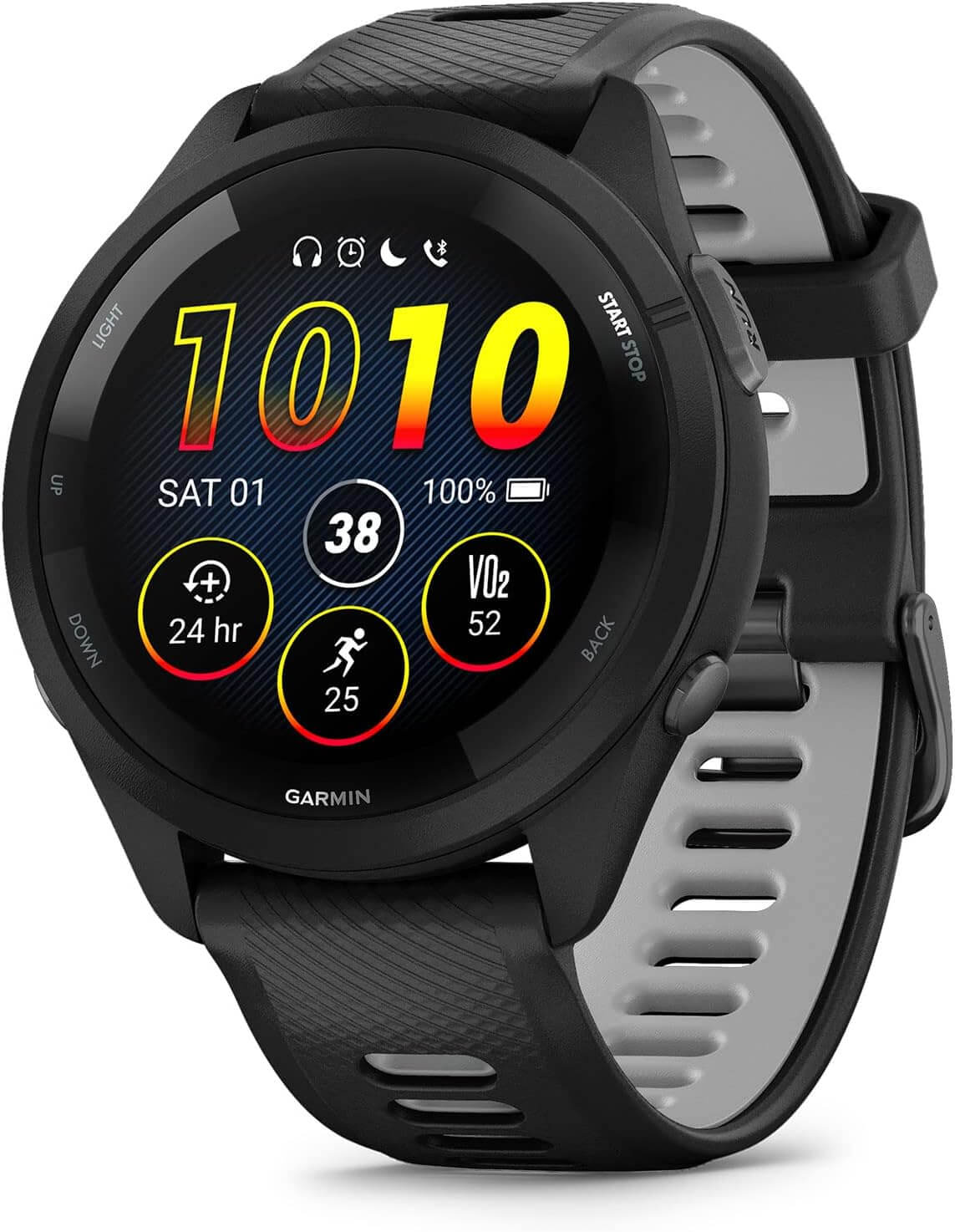
Tom’s Guide states, “The Forerunner 265 is a stunning running watch with a bright, AMOLED screen. The watch comes in two different screen sizes, accurate GPS, and advanced training metrics.”
Wired reports, “The midrange Forerunner 255 offers an incredible value for the number of features it offers in Garmin’s lineup. Do you want a feature? It probably has it, like multiband GPS support and a barometric altimeter, a compass, improved sleep tracking, and Bluetooth compatibility with a number of heart rate monitors. The battery life is incredible—WIRED reviewer Scott Gilbertson estimates it at about 30 hours of continuous use—and you can extend the battery life even further by turning off features like continuous Pulse Ox measuring.”
You also may be interested in:
Sources:
Note: This article was not paid for nor sponsored. StudyFinds is not connected to nor partnered with any of the brands mentioned and receives no compensation for its recommendations.
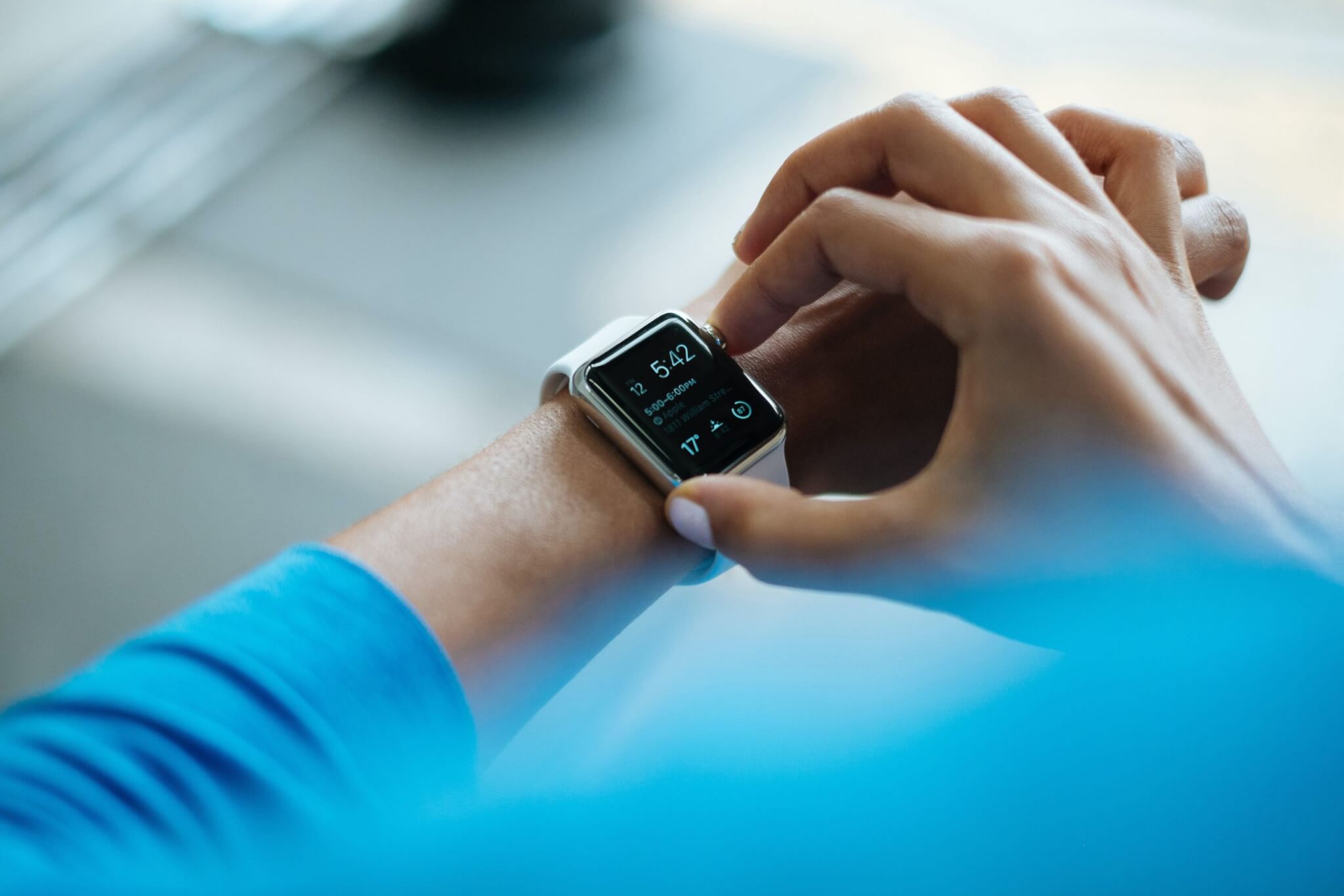
Fitbit charge 6- I’ve ordered 2 of these, both are broken and will not hold a charge. I’ve went online, youtube, google, and talked to 3 customer service representatives, HORRIBLE product, returning the 2nd tomorrow. Nobody can explain why this is happening, all of the plastic has been removed that they were shipped in. DON’T BUY! If you do make sure you get the warranty- you’ll need it!
I’m always stunned when I see these kind of “Best of” fitness tracker reviews and Polar products don’t even rate a mention. You’re seriously missing the “fitness watch” mark by not including Polar products.